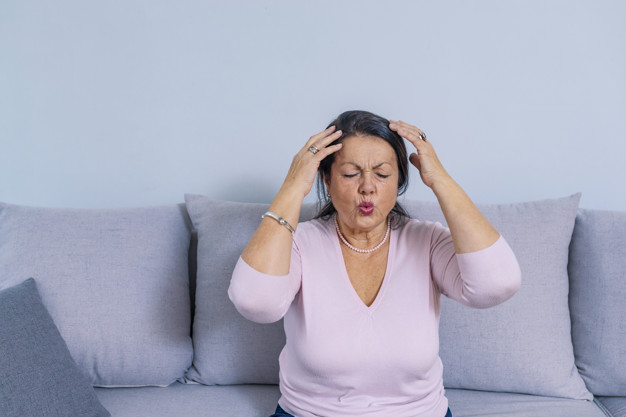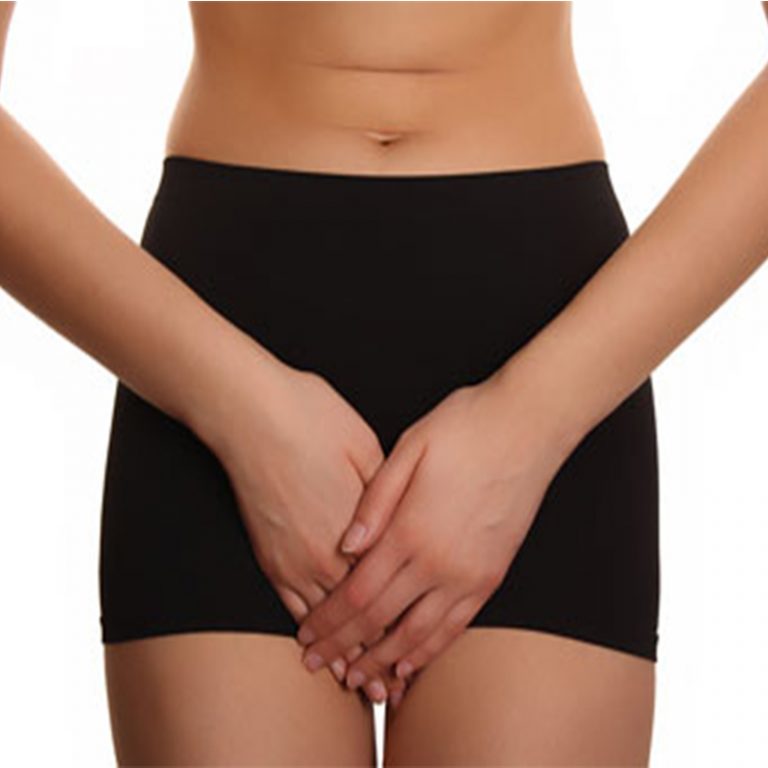
Don′t Throw Out The Dark Suits Yet!
Dandruff is the shedding of dead cells from the scalp. While this is a normal process, due to the constant replacement of the epidermal cells, it normally takes about a month for the cells to be renewed whereas it takes only 2-7 days when dandruff is an issue. Sometimes the scalp is seen to be excessively dry, sometimes oily, but invariably the condition is associated with itching and redness. Often the dead cells are shed in large, oily clumps.
Dandruff can be either fungal or non-fungal in nature. If non-fungal and left unattended it can progress into the fungal form. When it is of a fungal type, anti-dandruff shampoos are usually found to be ineffective in controlling the problem. Recent research has identified a scalp-specific fungus which, though present in everybody, can grow out of control and create this uncomfortable and embarrassing condition.
Those who experience the problem are often found to suffer simultaneously from digestive disorders, such as indigestion or constipation. Any treatment, if it is to be effective, must treat the digestive system as a priority.
The Ayurvedic approach to treatment focuses on the diet. Foods high in sugar are a major aggravating factor, as is an excessive intake of saturated fats. The fungi feed on the oils that are secreted into the hair follicles. There is invariably a need to purify the blood and alkalise the whole system. Ayurvedic herbs are used to promote scalp health. These can include the amla (Indian gooseberry) and Triphala (3 fruits in combination).
As is so often the case, a problem that is typically approached by applying external medications is addressed in Ayurveda by treating the body from the inside as well as the outside.



